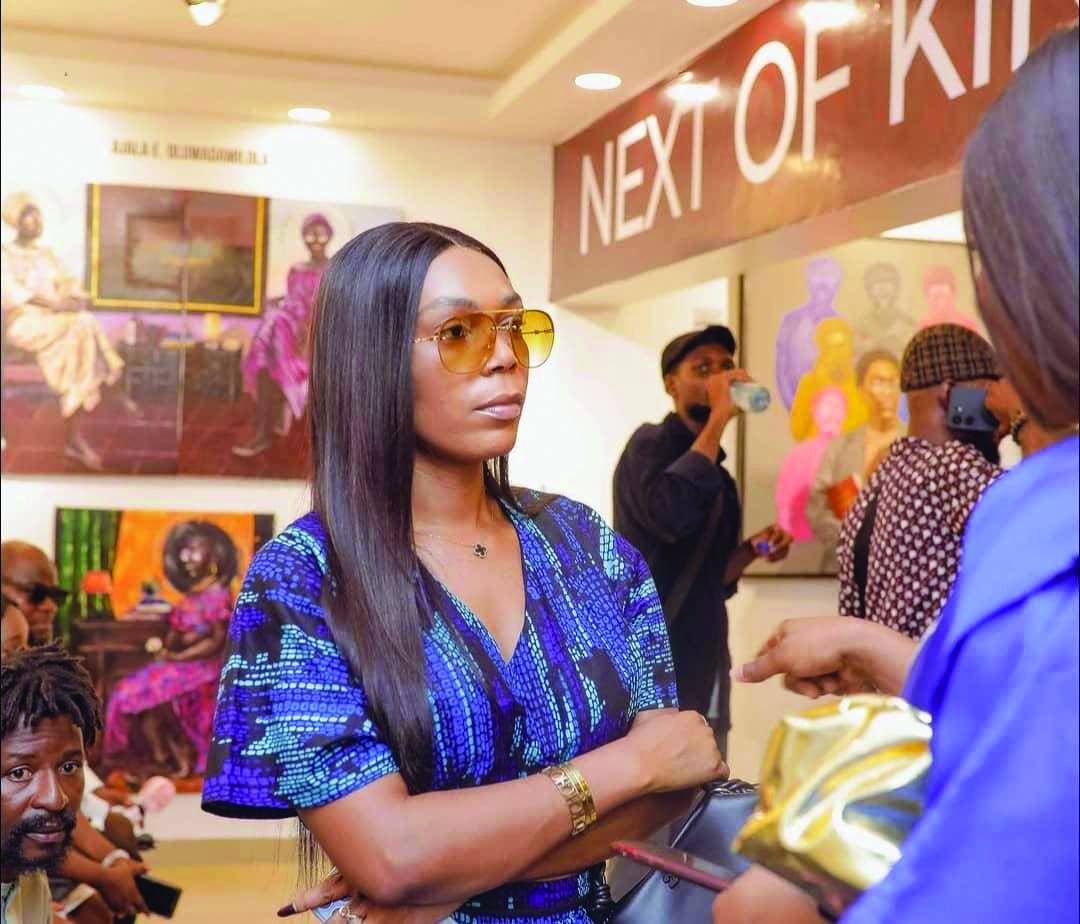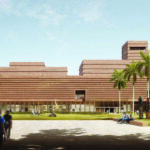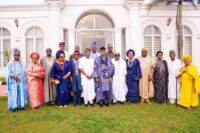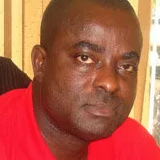Next of Kin Series 8 turns disintegration into an art form in an age obsessed with reinvention, where even collapse comes dressed as transformation, writes Okechukwu Uwaezuoke
Modern life sits precariously atop its own clever inventions — those fragile towers of thought, ego, and culture whose stability feels about as reassuring as a house of cards on a windy day. Yet the instinct to rebrand this slow-motion collapse as “transformation” has, curiously, become something of a cultural reflex. It is this peculiarly human urge — to find poetry in breakdown and to mine chaos for meaning — that anchors Next of Kin Series 8, the Thought Pyramid Art Centre’s annual showcase. The initiative, now in its eighth edition, has quietly evolved into one of Nigeria’s most closely watched platforms for emerging visual artists.
This year’s theme, Fragments of Being, does more than acknowledge the fragility of existence; it leans into it. It probes what it means to exist in pieces — to be reshaped by time, memory, and the restless turbulence of a world that shifts even as its inhabitants cling to routine and ritual.
If earlier editions of Next of Kin hinted at promise, this one speaks with a surer voice — the kind that comes from lived moments rather than experiment. Since its founding in 2018, the initiative has become a crucible where potential meets persistence and occasionally transforms into something extraordinary. Its alumni form a kind of constellation across the Nigerian art landscape: Antonia Nneji, Forbes-listed and unapologetically feminist; Ikechukwu Ezeigwe, who moved from the Next of Kin stage to the Bonhams auction block; and Christian Allison, whose hyperreal canvases seem to test the limits of perception. The newer generation — Idowu Emmanuel, Cletus Oche, Yakno Ene, Olalekan Adeyemi Julius — continues that trajectory with equal conviction, each interpreting the contemporary condition through personal fragments of insight and experience.
Fragments of Being marks a quiet turning point for the series. The title itself balances philosophy and feeling, suggesting both introspection and a subtle unease. The participating artists are not asked simply to create works of visual appeal, but to question what remains of the self when time, culture, and circumstance have each taken their share. What does it mean to live in fragments — and still recognise coherence in what survives?
Ovie Omatsola, the project’s initiator and curator, frames the question succinctly: “So many things have been happening recently, with people suddenly changing and taking up new characters. Many have forgotten who they are, so we thought to see how our visual artists can interpret that through research.” His observation resonates beyond the art world. It reflects an age of spiritual fatigue and digital self-curation — a time when algorithms quietly determine which versions of identity are allowed to persist.
In such a context, Next of Kin’s invitation feels almost restorative. For artists navigating the tensions of survival and expression in Nigeria’s fast-shifting cultural landscape, the call to self-examination offers both challenge and catharsis. Their task is not merely to represent, but to excavate — to sift through the sediment of experience in search of something enduring, however elusive.
The Thought Pyramid Art Centre, which hosts the series, has grown from a conventional gallery into a cultural catalyst with a strong educational backbone. With locations in Abuja and Lagos, it operates as much as a laboratory for thought as a venue for display. Its mentorship-driven model and structured opportunities have made it a rare constant in a creative economy prone to uncertainty. Here, young artists find not just exhibition space but an ecosystem designed to sustain them long after the applause fades.
The format of this year’s edition remains familiar: 20 finalists, selected from across Nigeria and beyond, will compete for the Main Prize, a ₦6 million solo exhibition scheduled for 2027. The figure is less a symbol of prestige than a vote of confidence — a commitment to continuity in an industry where early promise too often dissolves into silence. The open call, which closes on November 30, has already drawn widespread anticipation, setting the stage for a finalists’ exhibition on April 5, 2026 — a date likely to be marked by both celebration and scrutiny.
What distinguishes Next of Kin from similar initiatives is not scale but sensibility. It retains an intimacy that larger competitions often lose — a sense of dialogue rather than display. Its ethos suggests that art is not merely an adornment of culture but a tool of introspection, capable of illuminating the contradictions that define contemporary life. In doing so, it stands apart from the spectacle-driven art circuits that dominate the global calendar.
To describe Next of Kin merely as a competition would therefore be misleading. It functions more as an ecosystem — a space where mentorship, critique, and creation coexist. The emphasis lies as much on process as on product, on the slow, uneven labour of becoming. In that respect, it mirrors life itself: fragmented, unpredictable, and quietly redemptive.
Despite its thematic depth, Fragments of Being does not take itself too seriously. There is a note of irony beneath the solemnity — the recognition that humanity, having built its own fragile constructions, now finds beauty in their collapse. The participating artists seem to grasp this paradox instinctively, their works oscillating between gravity and wit. The result promises to be an exhibition that not only provokes reflection but also accepts the absurdity of the search for meaning.
By the time the exhibition concludes next April, Fragments of Being will likely have achieved what the most resonant art always does: to make visible what ordinary life conceals. It will hold a mirror not only to its artists but also to its audience — a mirror cracked yet still reflecting light.
For eight years now, Next of Kin has refused to stand still. It has become a cultural compass — not just of what Nigerian art looks like, but of what it feels like to be Nigerian, to be human, to be endlessly becoming. And if the world is indeed collapsing in slow motion, Thought Pyramid’s artists — backed by the steady hands of Nigeria Machine Tools and Trustbanc Group — are, at least, documenting the fall beautifully.


















Leave a comment